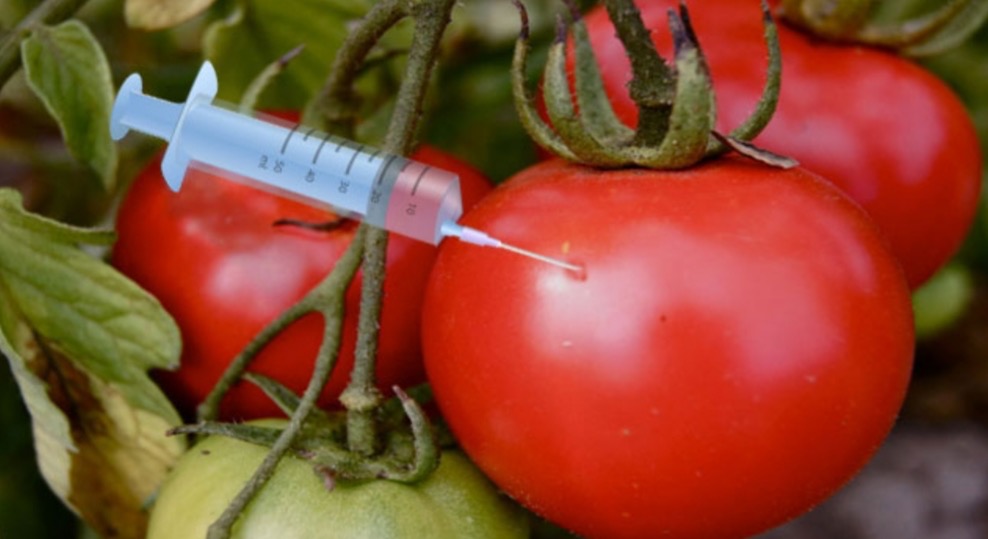
The National Biosafety Management Agency (NBMA) has reaffirmed its unwavering commitment to ensuring the safety of genetically modified organisms (GMOs) in Nigeria, emphasizing that the health of Nigerians and the protection of the environment remain paramount in its regulatory efforts.
Speaking during an interview on Channels Television, NBMA Director-General Dr. Agnes Asagbra assured the public that every genetically modified food or crop approved for use in the country undergoes rigorous scientific assessment in line with international best practices.
“Our mandate is clear: to ensure that only safe, scientifically evaluated, and well-regulated GMOs are allowed into our food system,” Dr. Asagbra stated. “We follow global standards such as the Cartagena Protocol on Biosafety and the Codex Alimentarius to guarantee that human health and the environment are never compromised.”
Stringent Oversight and Multi-Agency Collaboration
The NBMA works closely with national agencies such as NAFDAC, the Federal Ministry of Health, and international partners to strengthen its regulatory framework. In recent months, an intergovernmental task force was set up to assess and enhance the oversight of GM foods, amid growing public interest in food safety and biotechnology.
In February 2025, the agency convened a major stakeholders’ meeting to review and implement Post-Release Monitoring (PRM) guidelines for genetically modified crops, including the recently commercialized TELA Maize, known for its resistance to pests and drought.
Transparency, Technology, and Public Trust
To boost transparency and consumer confidence, the NBMA announced plans in June 2025 to integrate artificial intelligence, QR code labelling, and blockchain technology into its biosafety systems. This initiative is expected to enhance traceability and provide real-time information on GMOs across Nigeria.
“We’re moving toward a future where every GMO in circulation can be traced from laboratory to plate,” Dr. Asagbra said. “This technological innovation will reassure Nigerians that we are watching the entire lifecycle of these products.”
The agency also emphasized that all genetically modified products on the Nigerian market are clearly labelled, enabling consumers to make informed choices.
GMOs in Nigeria: Safe, Regulated, and Beneficial
Over the past year, a coalition of science-based agencies including the Agricultural Research Council of Nigeria (ARCN), National Biotechnology Development Agency (NABDA), and National Agricultural Seed Council (NASC) have echoed the NBMA’s position, affirming that GMOs approved in Nigeria are safe for human consumption and offer significant agricultural benefits.
In 2024, Nigeria adopted new national guidelines for managing genetically modified plants with stacked genes, strengthening the country’s biosafety protocols in line with evolving scientific advancements.
Conclusion
With over a decade of regulatory experience, the NBMA continues to position Nigeria as a responsible player in global agricultural biotechnology. The agency reiterated that the approval of any GMO in Nigeria typically follows 8 to 10 years of scientific evaluation, ensuring products are not only effective but also safe.
As Nigeria embraces modern agricultural innovations to combat food insecurity and climate change, the NBMA assures the public that biosafety will never be compromised.
